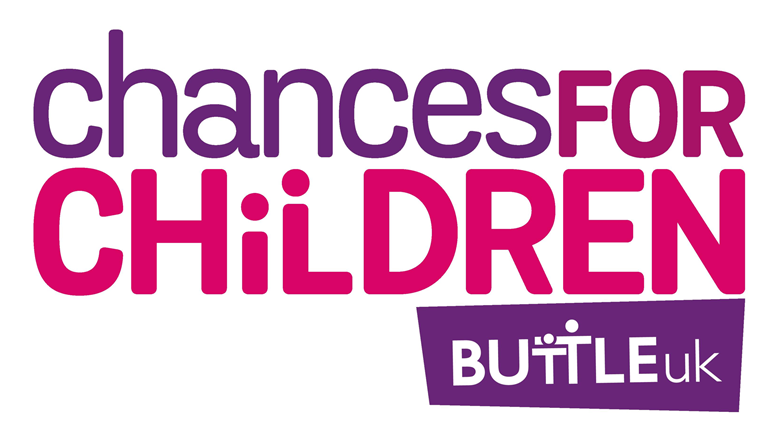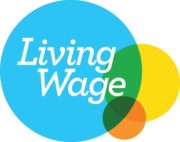State of Child Poverty 2021
The State of Child Poverty 2021 report tells the story of the ongoing impact of COVID as witnessed by frontline services that support an estimated 36,000 vulnerable children and young people.
This is the third annual publication of the report, and it shows that whilst these children have had to deal with the same disruption to schooling, isolation from friends and wider family and the broader anxieties of living through the pandemic as all children have, many are also dealing with trauma brought on by a range of adverse childhood experiences that have been made worse by the COVID crisis. Those living with challenging home situations where there is, for example, domestic abuse or parents themselves have mental health problems, have found their situations getting worse. This has duly impacted their mental health and their ability to overcome any trauma these experiences have created.
If we are to close the growing education gap between these children and their more affluent peers, we must listen to these frontline professionals and prioritise mental health support as part of children’s future education. Otherwise, initiatives designed to help children to catch up, like the National Tutoring Programme, are not going to benefit those that need it most.
The Government’s response to year of disrupted schooling seems to have been created with children’s stability in the home as a given, and that all is needed is more time to catch up on what was previously lost academically. This is simply the worst way of looking at it for the most vulnerable children, who will need a different kind of support to get back to the starting line. These children have faced traumatic episodes compounded by the events of the last 18 months. So, if the assumption is that they can put all of that aside, and just focus on academic achievement, it’s asking for the impossible. The result will be that catch up programmes are pushing the mainstream forward and leaving the vulnerable even further behind.
Key findings
To provide a background on the families that are discussed in the survey responses, we asked respondents to report the percentage of children and young people they work with who have had exposure to specific adverse childhood experiences (or ACEs, a widely used group of family situational factors that impact on children’s development and life chances).
The most common ACEs amongst the cohort of children supported were reported as:
- Mental health problems (63% of children and young people)
- Parental separation (63%)
- Verbal abuse (61%)
- Domestic abuse (59%).
Support workers reported that all ACEs have been made worse by COVID, of these:
- Family mental illness was seen having been impacted most, with 48% saying that it was ‘a lot more severe’
- Domestic violence was next with 38% reporting it being ‘a lot more severe’.
In explaining these increases in severity, frontline support workers highlighted:
- A lack of access to support – both through informal networks (i.e. family and friends) and formal support services
- A lack of respite for parents
- Reduced time in education, meaning that the issues that schools often monitored have not been picked up
- Decreased levels of exercise, poor diets and increased isolation.
The respondents reported that on average, 66% of the children and young people they worked with had fallen behind in education during the pandemic. The biggest contributors to children’s struggling to engage in education during the crisis were:
- A lack of digital access: 60% reporting that this has made things ‘a lot harder’
- Challenges in the current context of overcoming past trauma: 56% reporting this had made this a lot harder.
It is perhaps not surprising therefore, that when we asked frontline workers what was going to be the most crucial form of support for children going forward, overwhelmingly, their response was mental health support at 48%. Additional educational support was second at 9%.
Buttle UK urge policy makers to consider the following:
- Make Mental Health Support Teams available in all schools.
- A review of the state school curriculum to consider the balance between academic areas with those that have come to be called ‘enrichment.’ These activities may happen during or outside of normal school hours and seek to build motivation or resilience; encourage exercise or learning new skills. Alongside this, develop social, emotional and health education to be become a more meaningful part of the curriculum.
- Within schools, promote an understanding of the link between ACEs and trauma, and provide better access to therapeutic support and more specialist targeted support for those where this link exists.
- Consider how to remove some of the barriers to achieving results with the above. For example, through the better co-ordination and utility of Local Welfare Schemes and charitable welfare funds to support: The provision of IT access to the most disadvantaged; The cost of school uniforms and equipment; Access to after school activities and clubs not covered by school enrichment provision; Making the home environment more conducive to children’s development and learning.
The support workers responding to this survey have all applied for support for the families they work with through Buttle UK’s Chances for Children grants. These grants pay for many everyday items that most of us would take for granted, a bed, educational toys and books or school uniforms. In the last year, we have seen a huge demand for IT equipment and internet access to help with home schooling, and to reduce the isolation of multiple lockdowns. These grants are designed to support the work of frontline services. As such they form a part of a holistic support package that has been demonstrated to improve emotional and social wellbeing, and engagement in education.





